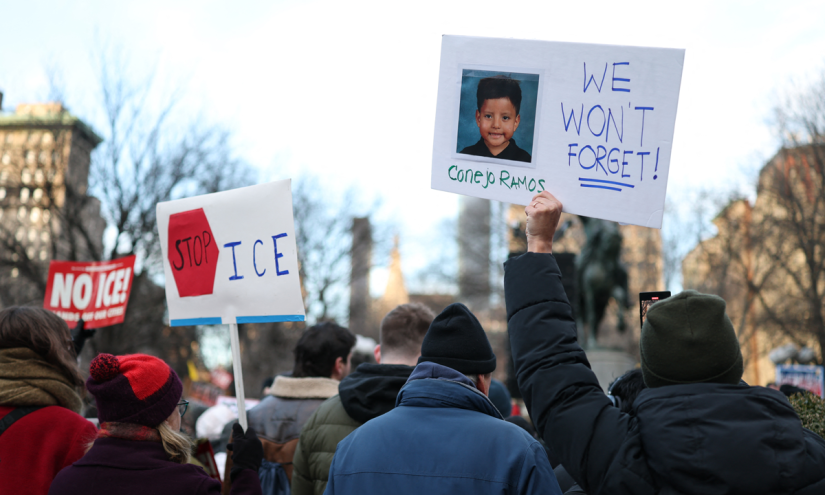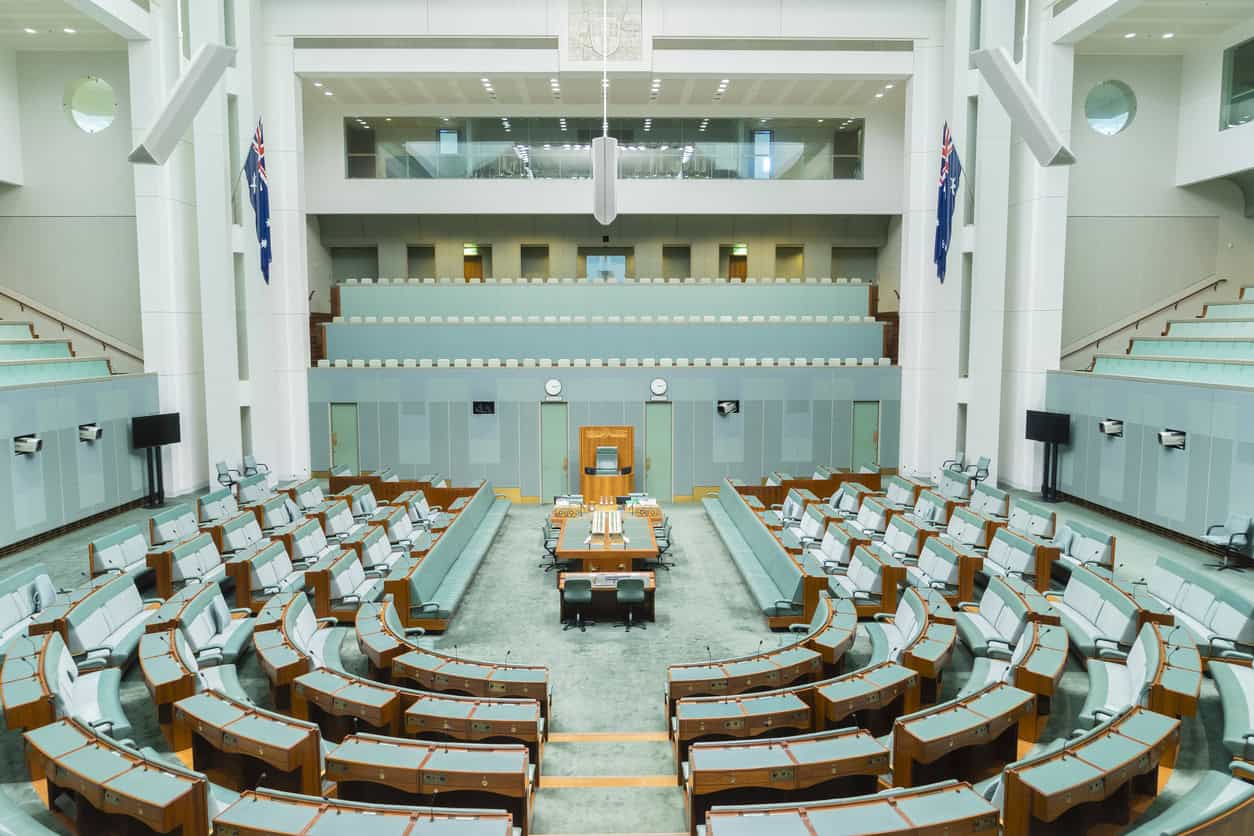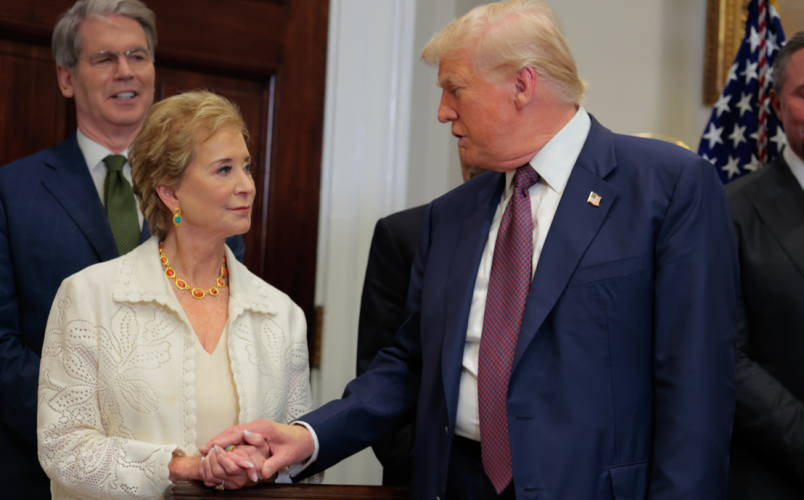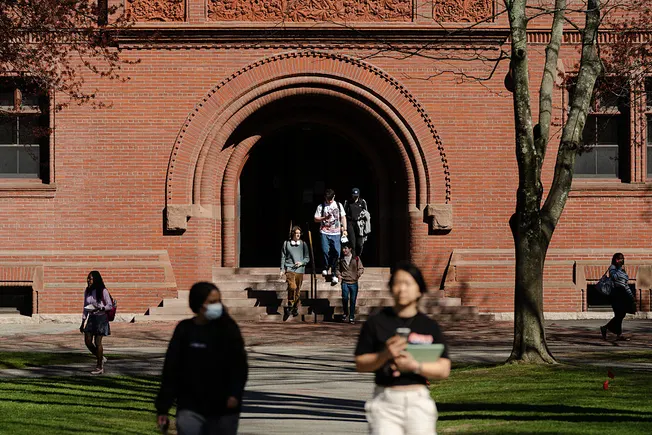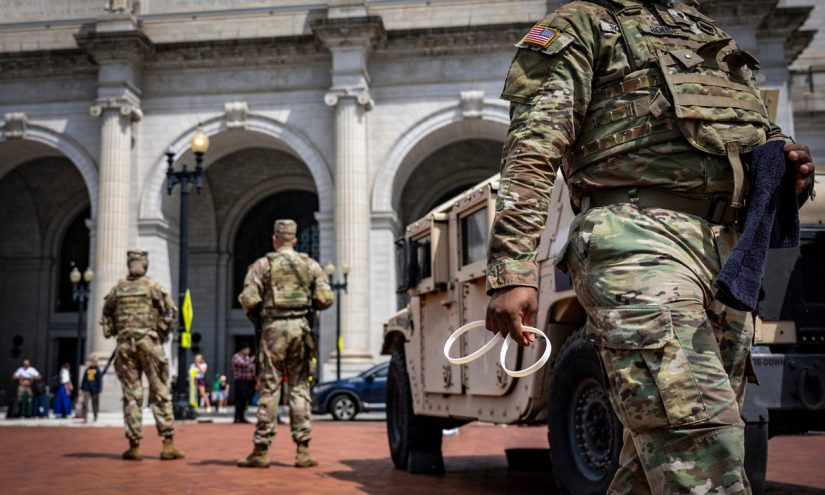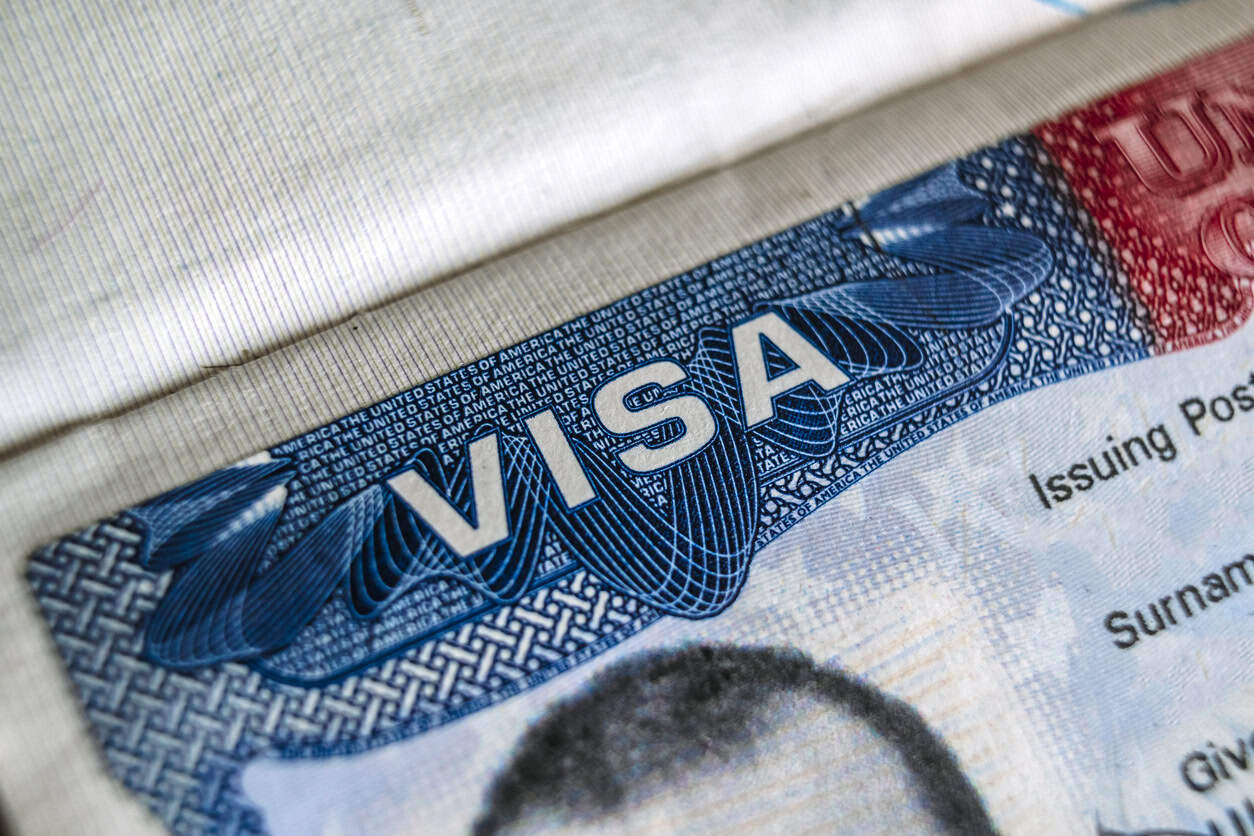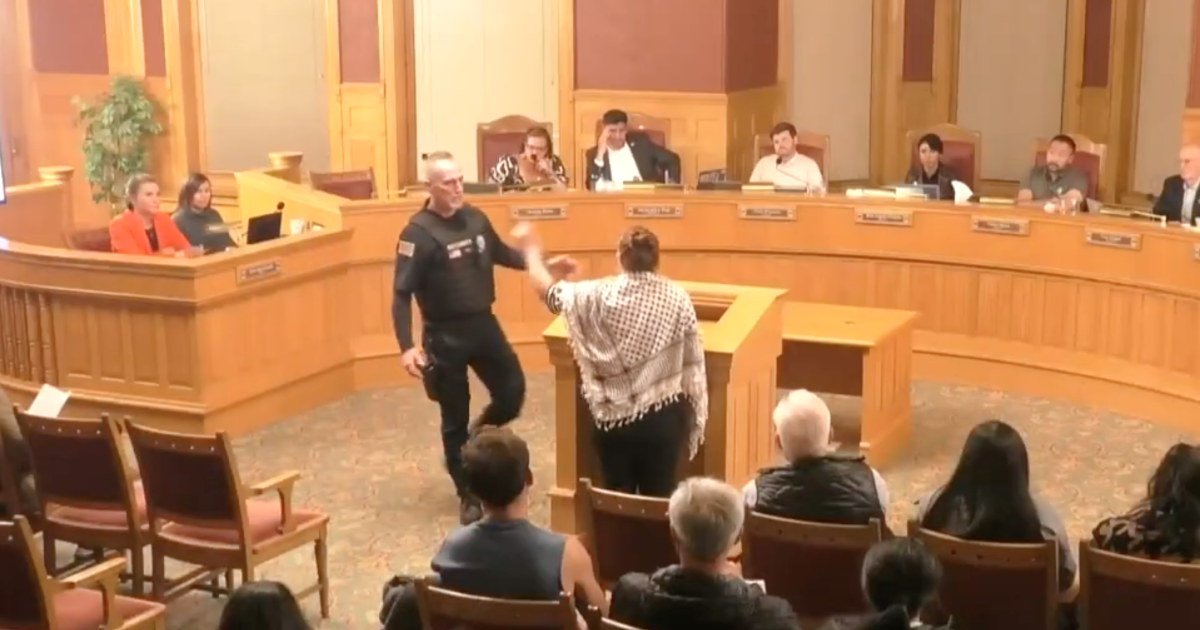Get stories like this delivered straight to your inbox. Sign up for The 74 Newsletter
The Trump administration’s weeks-long immigration enforcement campaign in Minneapolis, which has shuttered schools and terrified students and parents, has left one group particularly vulnerable: children with disabilities.
Their families, who already fear their kids shutting down, running away, harming themselves or acting out when confronted under normal circumstances, have seen their anxiety skyrocket as they contemplate worst-case scenarios with federal agents.
Thousands of Minnesotans gathered in sub-zero temperatures Friday to demonstrate against the federal government’s ongoing presence, including surrounding the airport terminal and flooding the streets downtown.
Idil Ahmed, who lives near the epicenter of raids and protests, worries about her 6-year-old autistic daughter having a meltdown during an encounter with Immigration and Customs Enforcement agents.
“If they stop us, all hell will break loose with my child,” Ahmed said. “And there is no talking to these people.”
Parents tell The 74 they have no faith, after federal agents ripped a disabled, autistic woman from her car and, according to school officials, used a 5-year-old as bait this week to lure his mother from their home, that immigration officials would be patient with a child who can’t immediately respond to orders.
“When I saw that image of this young boy with his backpack, I thought, ‘That could be my son,’” said Najma Siyad, mother of a 5-year-old with autism.
Both Ahmed and Siyad are members of Minneapolis’ Somali community, the largest in the United States and one that has been virulently targeted for removal by President Donald Trump.
They are among many Somali families whose children have autism; a neurodevelopmental condition that is prevalent in their community.
They and other Somali-Americans say their children are doubly vulnerable by virtue of their race and disability: While the first is obvious, making them a potential mark for ICE and U.S. Customs and Border Protection, the second is not.
They and other families with special needs kids have missed school, skipped doctor’s visits and, in many cases, are not getting the occupational, physical and speech therapy services that help their children manage their lives and progress academically.
Ahmed said her daughter missed three consecutive weeks of occupational therapy because her therapist was too fearful to enter their neighborhood.
“OT for us is so important,” Ahmed said. “It regulates her emotions, helps with fine motor skills, simple things like dressing, eating, body movements, the teaching of how to be physically independent.”
And while multiple districts are offering remote learning to families afraid to leave their homes, online instruction isn’t a viable option for children who need a team of skilled school staff to access their education.
“It’s not a solution for us,” said Anisa Hagi-Mohamed, founder of an autism advocacy group called Maangaar Voices.
Regression, both educationally and socially, is a constant concern, these parents say. But stronger still is their worry about their child coming face-to-face with a federal agent who doesn’t know — and perhaps doesn’t care — why they won’t interact.
A spokesman for the Department of Homeland Security, which oversees ICE and CBP, said he was working on a response as to whether agents are trained to interact with autistic children and others with disabilities. Minnesota law requires autism training for peace officers but this does not apply to ICE and CBP, Minneapolis advocates say.
Hagi-Mohamed has three kids, a 9-year-old son and two daughters, ages 5 and 8. All are “on the autism spectrum,” and each has their own unique vulnerability, she said.
Her middle child is nonverbal and frequently runs away to no particular destination.
And her son looks far older than his age. He also has difficulty responding to anyone who commands him to act.
“He would completely shut down, self harm and get hurt in the process,” Hagi-Mohamed said, imagining him in an ICE encounter. “I worry all the time.”
She’s advised him not to talk to any adults outside of school or home.
She’s frightened, too, for her 5-year-old, who treats all grownups with the same deference as her parents.
“The stranger danger thing is not so strong in her,” Hagi-Mohamed said. “She is one of those kids who if you tell her to do something, she will do it.”
These families say they have remained petrified ever since an ICE agent in Minneapolis killed unarmed motorist Renee Good on Jan. 7 just after she dropped her 6-year-old son off at school. Hours later, federal agents wreaked havoc at nearby Roosevelt High School.
Maren Christenson, executive director of the Multicultural Autism Action Network, said she lives so close to where Good was shot that she’s worried tear gas will seep through the family’s windows from the ongoing protests.
Christenson’s 14-year-old son, Simon Hofer, has autism and she can’t predict how he would respond to an ICE agent.
The boy said he’s worried — not so much for himself, but for his friends.
“I have been feeling angry, scared, sad,” he told The 74 on Thursday. “It feels kind of hopeless sometimes and overwhelming. Friends of mine and classmates are afraid to go to school and so they attend online.”
His mother has told the special education community that even if someone is Caucasian, is a citizen, has a disability and can articulate their challenges, they are not free from peril.
Her advice? “Comply: do what they tell you to stay safe.”
But she’s unsure whether that strategy would work for people with autism who can become unmoored by such an encounter. Stress might hamper their ability to communicate, she said.
“We have held a number of community conversations and brainstormed, asking, ‘What could we do? What are people doing?’” she said. “But the truth of the matter is we are in uncharted territory. There is no guidebook, no best practices for when your city is under siege.”
A mother of two boys with autism who lives in the southern suburbs of Minneapolis and who asked not to be named to protect her family’s safety, said her children, ages 8 and 5, are just now learning about the concept of police.
They cannot at all understand the complexity of immigration enforcement — or the harsh tactics that have come with it — so she’s keeping them mostly at home.
“There is only so much I can do when I am not with them,” she said.
Hodan, the mother of an 18-year-old college student who has autism, said her son has always had high anxiety. But now, she said, it’s worse. She’s given him a list of a dozen phone numbers to call in an emergency that he keeps in his jeans and in his shoes.
“He has his citizenship card in his pocket and when we drive, I make him put it on the center console,” said his mom, who asked that her last name not to be used to protect her family.
Along with school and therapy sessions, also gone from families’ routines are winter afternoons at indoor play spaces, trips to the gym for their teenagers and other child-friendly destinations.
Siyad, a mother of three who lives 18 miles south of Minneapolis, close to St. Paul, said they recently took the 26-minute drive to the Minnesota Children’s Museum and had to turn around when they were three minutes away after witnessing an ICE encounter on the road.
“That fear is daily,” she said. “I am a naturalized citizen but I was not carrying my passport at the time. We had to turn around immediately.”
The painful irony, she said, is that her children, like all of the others in this story, their parents said, are U.S. citizens.
“Our kids are as American as apple pie,” she said. “This is their home.”
Did you use this article in your work?
We’d love to hear how The 74’s reporting is helping educators, researchers, and policymakers. Tell us how

